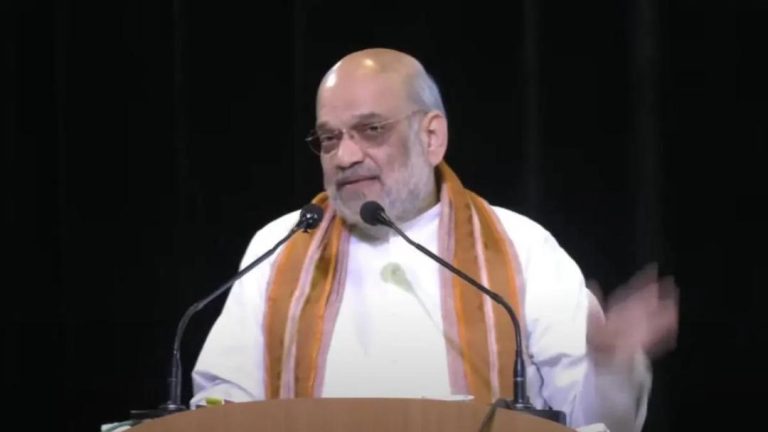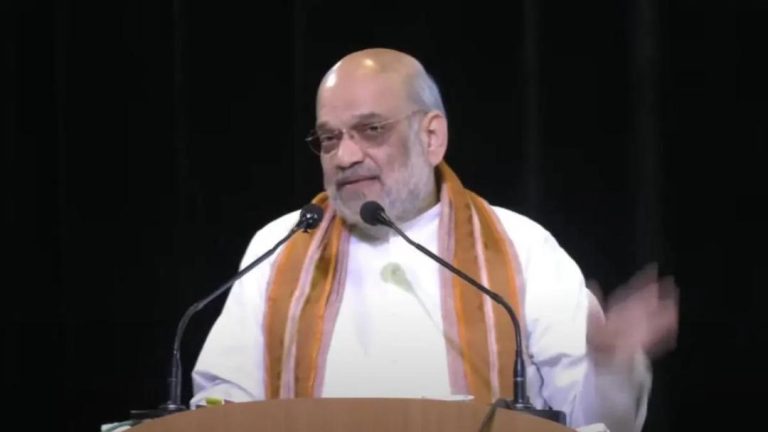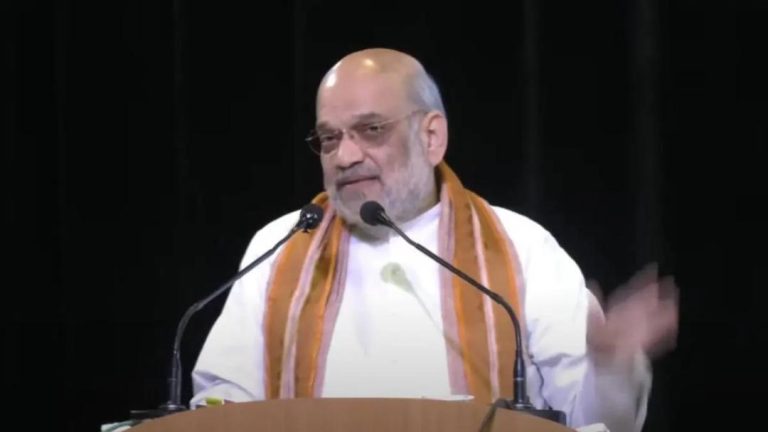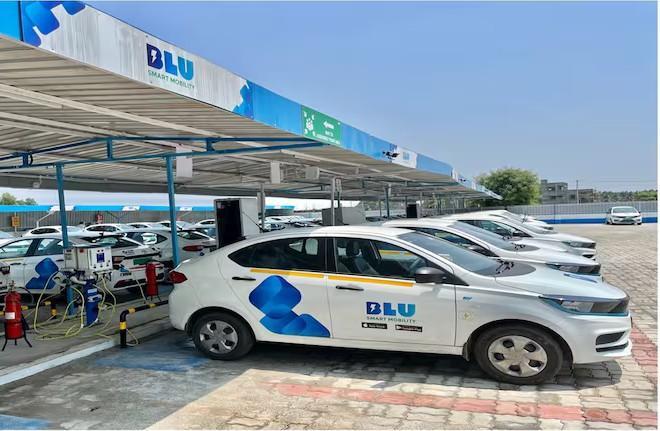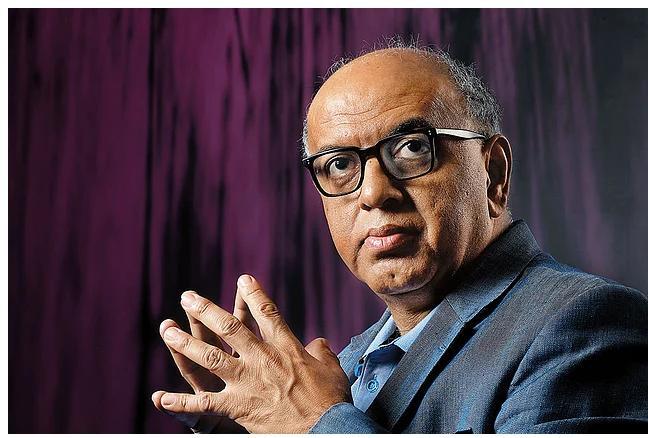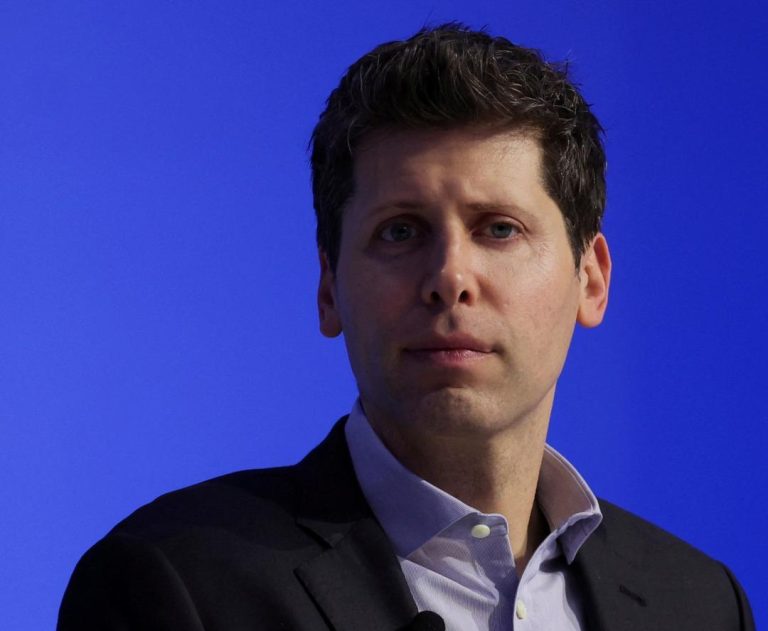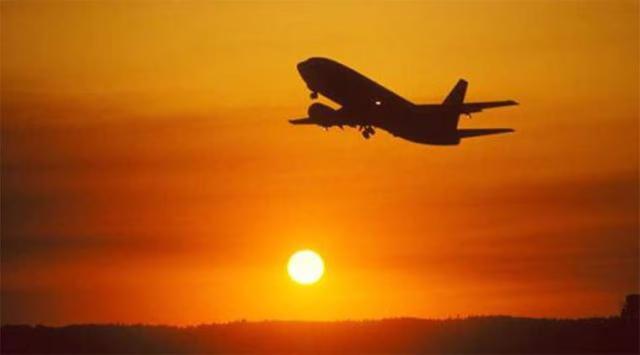
Class 12 Physics & Math Requirement for Becoming Commercial Pilot Might be Scrapped: Report
The world of aviation is abuzz with a recent report suggesting that the Directorate General of Civil Aviation (DGCA) is planning to scrap the long-standing rule that requires students to have studied Physics and Math in Class 12 to be eligible for commercial pilot licence training. This development has sent shockwaves among students and educators alike, sparking both excitement and apprehension about the potential implications.
For decades, commercial pilot training in India has been restricted to Science and Math students, a rule that was introduced in the mid-1990s. This requirement has been a significant barrier to entry for students who have pursued non-Science streams, such as Arts or Commerce. However, it appears that the DGCA is now considering a change to this rule, which could open up new opportunities for students from diverse academic backgrounds.
According to a recent report by Times of India, the DGCA is planning to review the existing eligibility criteria for commercial pilot training. The move is seen as a bid to increase diversity in the aviation industry and provide more opportunities to students who may have been deterred from pursuing a career in flying due to the current requirements.
The report suggests that the DGCA is considering amendments to the Civil Aviation Requirements (CAR) for issue of Commercial Pilot License (CPL) and Multi-Engine Pilot License (MEPL) to remove the requirement of Physics and Math in Class 12 as a pre-requisite for pilot training. This would enable students from Arts, Commerce, and other non-Science streams to pursue a career in aviation.
The potential benefits of this change are numerous. Firstly, it would increase diversity in the aviation industry, allowing students from different academic backgrounds to pursue a career in flying. This could lead to a more inclusive and diverse workforce, which is essential for the growth and development of the industry.
Secondly, the removal of the Physics and Math requirement could lead to a significant increase in the number of students pursuing pilot training. This would not only benefit the aviation industry but also provide more opportunities for students to pursue a career in a field that is in high demand.
Thirdly, the change could lead to a more merit-based system, where students are selected for pilot training based on their aptitude and skills rather than their academic background. This would ensure that the best candidates are selected for training, regardless of their academic stream.
However, the change also raises several concerns. One of the primary concerns is the potential impact on the quality of pilot training. Physics and Math are fundamental subjects that are essential for a career in aviation. The removal of the requirement could lead to a decline in the quality of pilot training, which could compromise safety standards.
Another concern is the potential impact on the industry’s existing infrastructure and resources. The aviation industry is a highly specialized field that requires significant investment in training and infrastructure. The removal of the Physics and Math requirement could lead to a surge in demand for pilot training, which could put a strain on existing resources.
The DGCA’s decision to scrap the Physics and Math requirement is still in the proposal stage, and several factors will need to be taken into account before a final decision is made. The aviation industry is a highly regulated sector, and any changes to the eligibility criteria will need to be carefully considered to ensure that they do not compromise safety standards.
In conclusion, the potential scrapping of the Physics and Math requirement for commercial pilot training is a significant development that has far-reaching implications for the aviation industry and students alike. While the change could lead to increased diversity and opportunities for students from non-Science streams, it also raises several concerns about the quality of pilot training and the potential impact on the industry’s infrastructure and resources. As the DGCA considers this proposal, it is essential that they carefully weigh the potential benefits against the potential risks to ensure that the best interests of the industry and students are protected.
Source:
